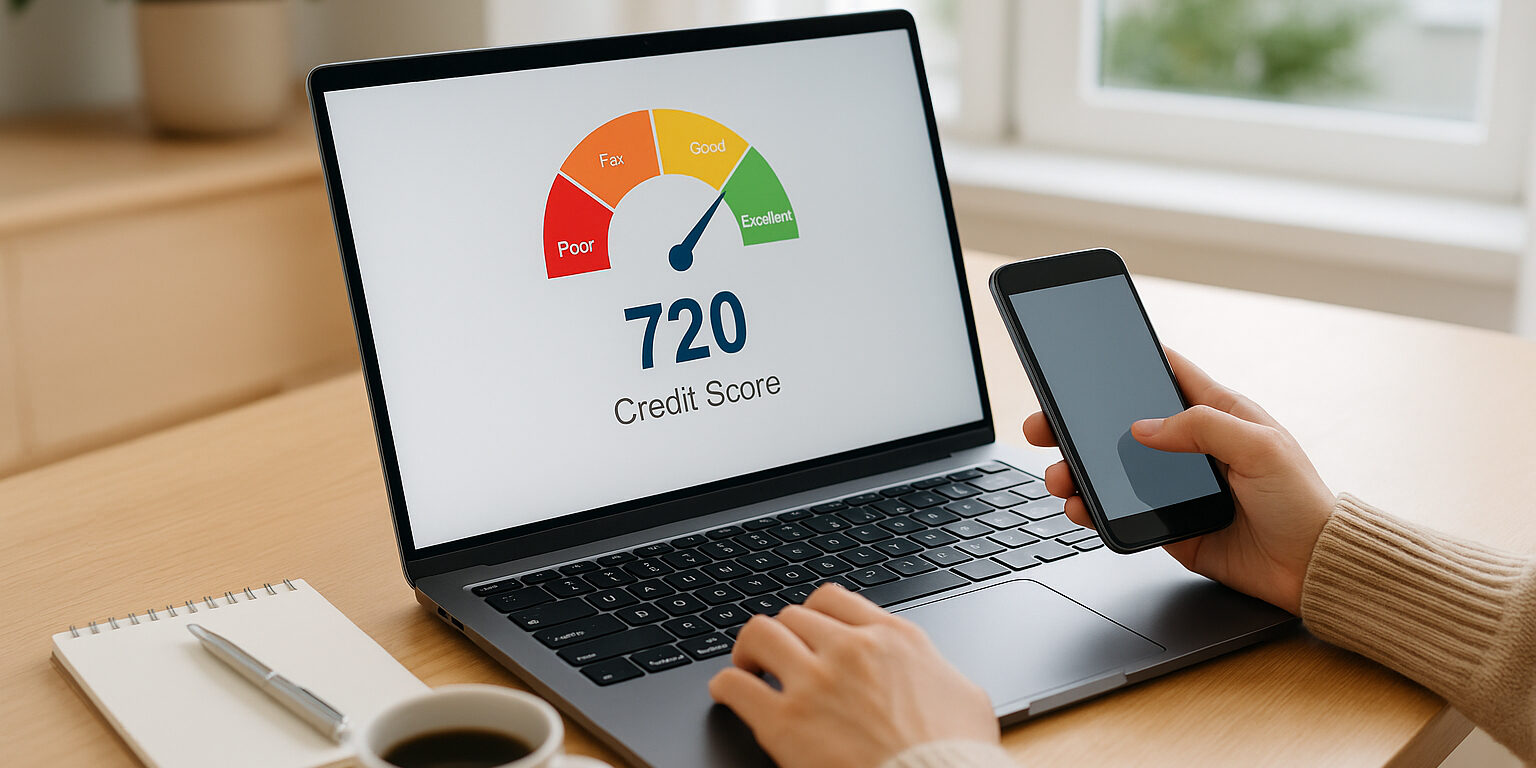Your credit score plays a crucial role in your financial life — influencing loan approvals, interest rates, and even job applications. Yet, many people either ignore it or check it too rarely. Monitoring your credit score regularly helps you stay financially healthy, detect errors early, and protect against identity theft. But how often is too often — and what’s just right?
Understanding Your Credit Score
Your credit score is a three-digit number that reflects your creditworthiness. It’s calculated based on factors like payment history, credit utilization, length of credit history, new credit, and credit mix. In the U.S., credit scores are typically measured using the FICO scale, which ranges from 300 to 850. A higher score indicates better credit health and increases your chances of securing favorable loan and credit terms.
Checking your score gives you insight into how lenders view your financial behavior. A higher score means better chances of loan approvals and lower interest rates — a key advantage for major purchases like homes, cars, or education loans.
How Often Should You Check It?
Financial experts recommend checking your credit score at least once every three months. Quarterly checks help you track your progress, spot inaccuracies, and identify potential issues before they affect your borrowing power.
However, if you’re actively applying for loans, new credit cards, or planning large financial moves, consider monthly monitoring. Many financial apps and credit bureaus now offer free updates without affecting your score.
If you suspect identity theft, unauthorized transactions, or a sudden score drop, check immediately. Early detection is vital for resolving fraud-related issues quickly.
Does Checking Your Score Hurt It?
Contrary to popular belief, checking your own credit score through soft inquiries does not harm your credit rating. Only hard inquiries, made by lenders during a credit application, can slightly impact your score. Using trusted platforms or your bank’s credit monitoring service is completely safe.
Benefits of Regular Credit Monitoring
Frequent score checks offer more than peace of mind — they empower you to take control of your finances. You can:
-
Detect and correct reporting errors early.
-
Monitor how your actions (like new cards or loan repayments) affect your score.
-
Stay alert to fraudulent activity.
-
Build confidence before applying for new credit.
Keeping an eye on your credit score also helps reinforce good financial habits — timely payments, low balances, and responsible credit use.
Conclusion
You don’t need to check your credit score daily, but regular monitoring — ideally once every few months — keeps your finances on track. Think of it as a health check for your money: consistent attention leads to long-term stability and confidence in every financial decision.






